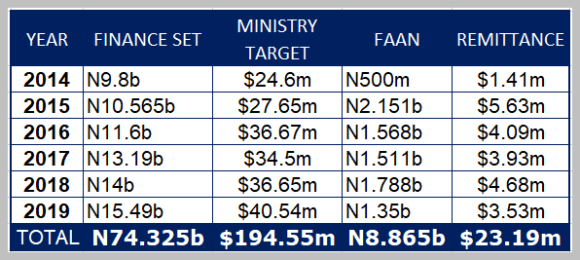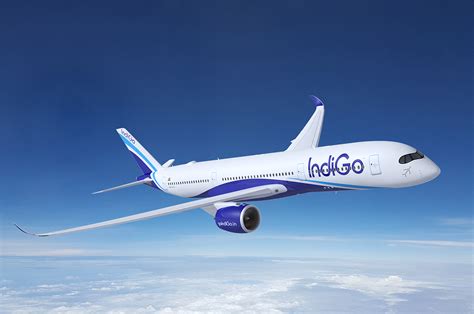
2020 11 09 9 54 46
Nigerian airports constitute a huge drain on the purse of the Federal Airports Authority of Nigeria (FAAN). The airport authority manages 22 out of 23 airports that dot the country’s landscape. Eighteen of these airports are categorized as ‘unviable’. The poor performance by these 18 airports on the revenue side has been consistent in adversely affecting the projections for the nation’s internally generated revenue for quite a considerable period of time.
Except for the Muritala Muhammed International Airport (MMIA), Lagos, Nnamdi Azikiwe International Airport (NAIA), Abuja, and Port Harcourt International Airport (PHIA) Rivers State, Aminu Kano International Airport, Kano, none of the other 18 airports has sufficient revenue to cover the cost of operations. The reason why Nigerian airports are not generating enough funds that can be used for their maintenance is that they are not commercially viable. Political, rather than economic consideration was the major reason why some airports in Nigeria are built.
However, the importance of having many airports in the country had been attributed to the country’s size, with many agreeing that airports across the country would facilitate a quicker connection between one part of the country to another. To this end, Nigeria’s lower legislative arm, The House of Representatives has questioned the demanded rationale for a total of N65billion shortfall in the revenue expected from FAAN cumulatively for the past six years. Such a revenue shortfall, as against the finance ministry’s expectations, had been responsible for the abysmally low budget performance by the federal government.
The legislative body which chronicled government revenue expectations from FAAN since 2014, observed that the agency had not even been able to meet at least 25% of its projections, which meant that government intentions to provide amenities to other arms of society would also be made impossible due to the default in the remittance.
While the Nigerian federal government was expecting total remittances of N74.325 billion from FAAN between 2014 to 2019, only a paltry sum of N8.865 billion was remitted. The public finance revenue management law only allows government businesses to retain 25% of their revenue and the law frowned at flagrant non-compliance as exhibited by the nation’s airport managers.
Explaining the rationale for the gross inadequacy in the remittance as against the target, Managing Director of FAAN, Capt. Yadudu, said the special protocols in making airports comply with recommended standards, imposed a duty on the management to oftentimes make prompt reinvestment into the airports by way of upgrades, maintenance and repairs in making the airports serviceable at all times and at the different seasons. He said those challenges requiring urgent compliance to international standards and recommended best practices made it a little difficult to exclusively place remittance of revenue ahead, as against making the facility constantly retain, and when necessary up the ante on its service level delivery. “FAAN is subsidizing 18 airports that are not viable to keep them operational. It’s either we compromise on standards or comply with remittances”, he said.
The legislators insisted on casting a glance at the financial records of FAAN, especially on its revenue and expenditures, to be able to appreciate whatever the compelling reason for not meeting up with remittance targets.
Views: 0




